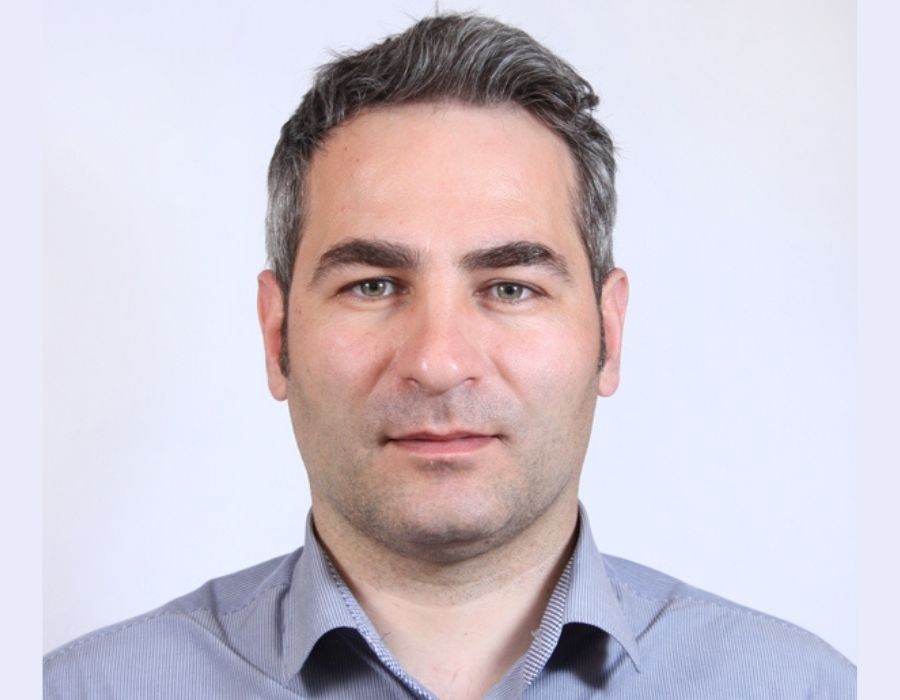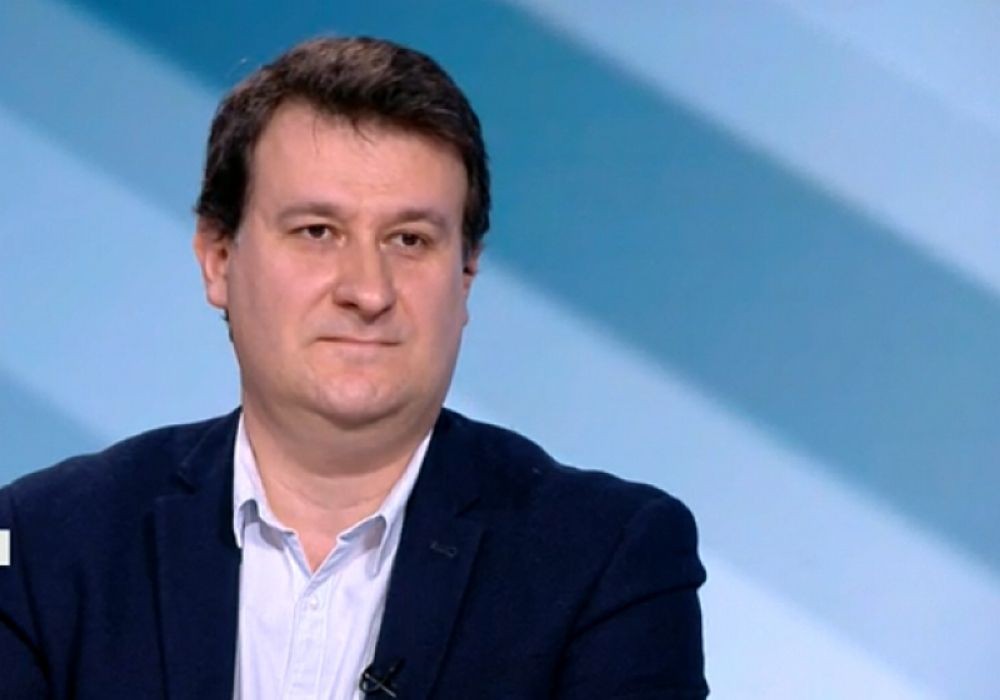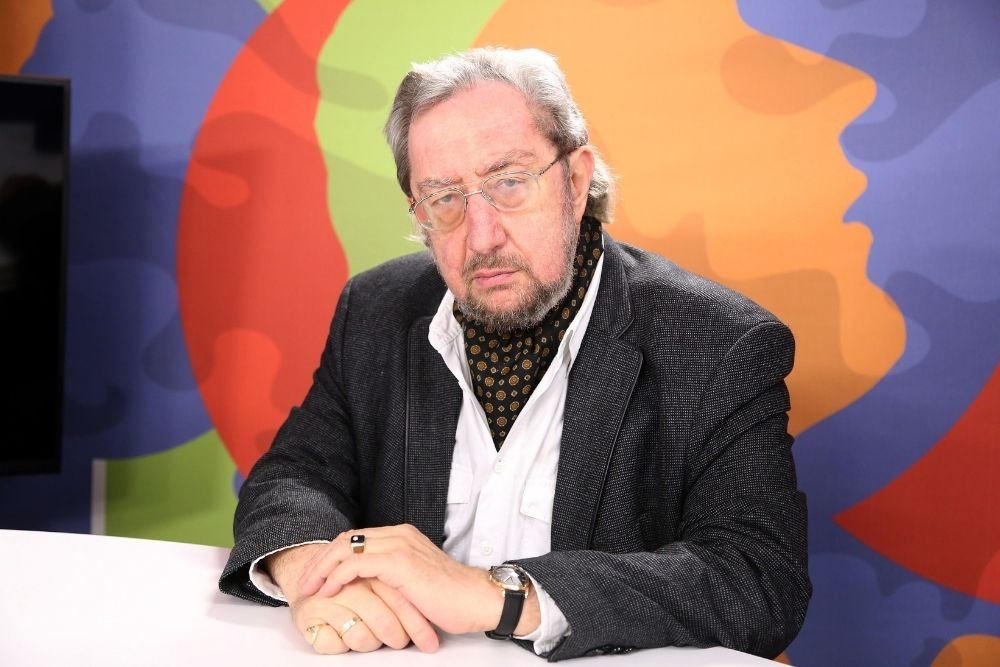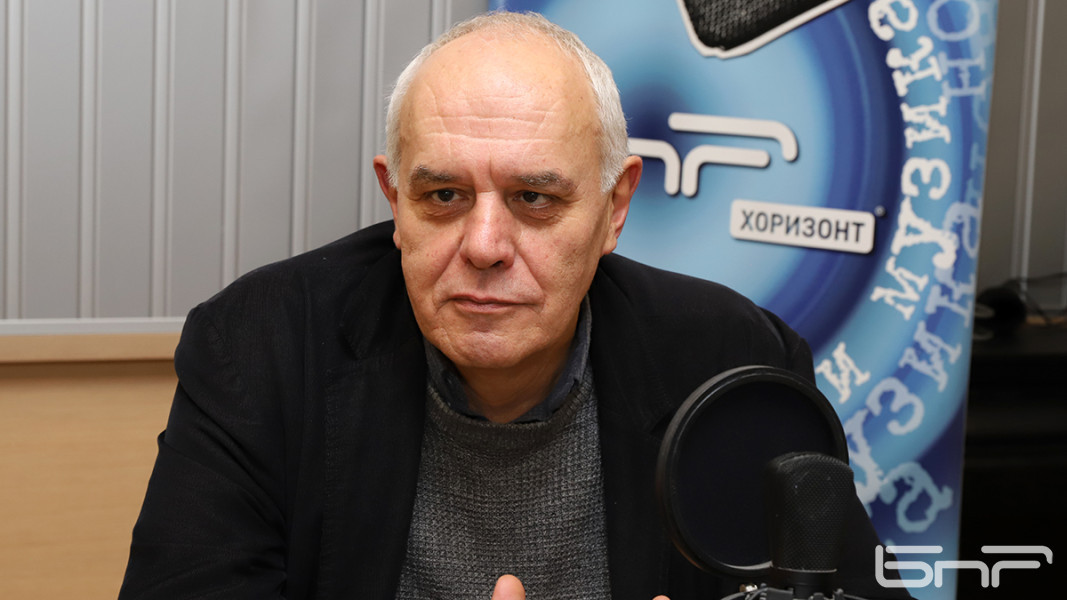The deadline for the parties and coalitions registered for participation in the coming general election to present their candidate lists at the regional election commissions expires today. Whether the Bulgarian voters will recognize any of them as the people expressing best their own vision of the country’s future – that is something we are going to find out when we see the voter turnout on election day – 4 April.

The upcoming elections will be exotic to a tolerable degree, says Lyubomir Stefanov, political analyst and lecturer at New Bulgarian University. “I am not sensing a conversation of any substance. Reliance will be placed on the packaging, on angry looks, on finger-wagging, on building up an image of negation of the opponent. Rather than your own substance, the focus in this campaign will be on what others are not saying, what they are not doing,” says Lyubomir Stefanov commenting on the election campaign which officially kicks off on 5 March. In his words, the future parliament will be a patchwork of all colours, with 5-6-7 parties. They will all be smiling at us in different colours, but we are yet to see how a majority is going to be formed.”
 After the elections, even though it will be a difficult thing, a government will be formed, says on his part political analyst Milen Lyubenov. The important thing is that it is going to be a litmus test of the extent to which the opposition is the real voice of the protest attitudes of the public:
After the elections, even though it will be a difficult thing, a government will be formed, says on his part political analyst Milen Lyubenov. The important thing is that it is going to be a litmus test of the extent to which the opposition is the real voice of the protest attitudes of the public:
“We are yet to see the programmes of the parties, of the candidates, though there are several important things. One is how to emerge from the economic situation after the elections,” Milen Lyubenov says and adds: “Things like rule of law, state capture and a change of the current model of governance are also important and they must also be talked about.”
What is more, they need to become a central topic for the non-parliamentary opposition if it wants to attract a wider range of voters who are unhappy with the way the country is now being run.
As to voter turnout, predicting some 3 million voters on election day is overly optimistic.
 “There are a number of reasons for this,” says sociologist Yuliy Pavlov. “The first of them is the Covid crisis which presents a certain threat, even in its present form. It is a psychological factor. But there is a more substantial reason – that for a long time, whether there are surges or declines during this health crisis, we have been seeing a low propensity to vote at the upcoming elections. We explain this with the fact that most of the candidates we shall be choosing from are old faces. In this respect the forthcoming elections are no exception, as there is only one face that is new to politics, though it is not new for the public.” (of former showman and TV personality Slavi Trifornov – editorial note).
“There are a number of reasons for this,” says sociologist Yuliy Pavlov. “The first of them is the Covid crisis which presents a certain threat, even in its present form. It is a psychological factor. But there is a more substantial reason – that for a long time, whether there are surges or declines during this health crisis, we have been seeing a low propensity to vote at the upcoming elections. We explain this with the fact that most of the candidates we shall be choosing from are old faces. In this respect the forthcoming elections are no exception, as there is only one face that is new to politics, though it is not new for the public.” (of former showman and TV personality Slavi Trifornov – editorial note).
However, Yuliy Pavlov is certain that at the cost of one compromise or another, a government will be formed. The reason is that none of the parties has an interest, or the resource to hold early general elections just a few months after the regular elections on 4 April.
 Sociologist Andrey Raychev also subscribes to the idea that a successful formation of the necessary majority for the formation of a government is possible. And the leading motive, he says, is not to allow a caretaker cabinet to be appointed by the President.
Sociologist Andrey Raychev also subscribes to the idea that a successful formation of the necessary majority for the formation of a government is possible. And the leading motive, he says, is not to allow a caretaker cabinet to be appointed by the President.
“GERB, the party now in power will opt for the formula they have already applied three times – GERB plus someone else to form a majority. In spite of that it is a formula that looks bankrupt to me, and they will probably turn to a cabinet of experts. The presidential elections are important to them and forming a gainful coalition will be their main objective.”
Interviews by Lora Tarkoleva, Silvia Velikova and Yavor Stamatov, Horizont channel.
Editing by Yoan Kolev
Translated from the Bulgarian by Milena Daynova
Photos: Violeta Ashikova (BNR), BGNES, Ani Petrova and courtesy of Lyubomir Stefanov, Milen Lyubenov, Yuliy Pavlov and Andrey Raychev
"The last one to quit wins. If we believe and want democracy in Bulgaria to win..., we must persevere, even though it's discouraging," Izabela Shopova from Brisbane, Australia tells Radio Bulgaria Nearly 6,000 people identified themselves as..
On the threshold of the sixth early parliamentary elections in less than three years, the fatigue of the Bulgarian citizens from the administrative hopelessness is visible . This seems to be the case in the political arena as well - proof is the..
"We need unity and togetherness. For us, Bulgaria is our family, it is our home" - Zdravka Vladova-Momcheva, a Bulgarian living in Britain, told Radio Bulgaria. Ten days ago she was in Sofia to receive another award from the Executive Agency for..
The members of parliament will continue their session at 10 AM on November 22, following yet another unsuccessful attempt to elect a Speaker of the..

+359 2 9336 661
